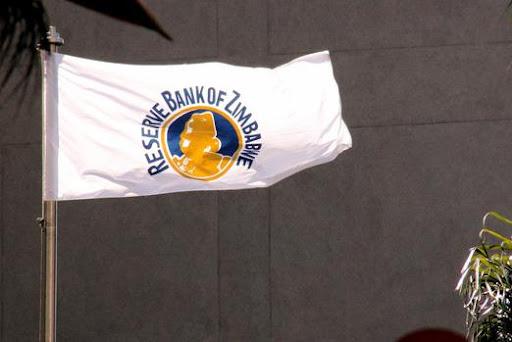News / National
RBZ to engage mobile operators on currency parity
25 Aug 2025 at 05:00hrs |
40 Views

The Reserve Bank of Zimbabwe (RBZ) has announced plans to work with mobile network operators to ensure parity in trading between the local gold-backed Zimbabwe Gold (ZiG) currency and the US dollar under the multicurrency system. The move seeks to eliminate currency-linked discrepancies that have disadvantaged users transacting in local currency.
The central bank said the engagement aims to create a fairer environment where citizens can freely choose to transact in either ZiG or foreign currency without encountering distortions in pricing or efficiency.
This follows mounting concerns from stakeholders over challenges faced by consumers using ZiG on mobile money platforms, particularly for essential services. In many cases, goods and services priced in ZiG are significantly more expensive than when paid for in US dollars, with some vendors ignoring the official exchange rate.
ZiG, introduced in April 2024 to replace the inflation-battered Zimbabwe dollar, has gained traction in the financial system, now accounting for over 40 percent of all transactions. Despite its stability and forecasts that inflation will remain below three percent this year, the currency continues to face hurdles around universal acceptance and market confidence.
"The Reserve Bank will engage mobile money operators to ensure that there is equal trading in both domestic and foreign currencies in line with the multicurrency system," the RBZ said in its 2025 Mid-Term Monetary Policy Statement Stakeholder Feedback Report.
Mobile money platforms are critical in Zimbabwe, where millions of people rely on them to pay school fees, buy groceries, settle bills, and access other services. However, the limited usability of ZiG compared to the US dollar has slowed efforts to strengthen its role in the economy.
The RBZ said that fixing these challenges is vital to enhancing the efficiency of the financial system and boosting inclusivity. Greater confidence in ZiG would also support economic stability and reduce dependence on foreign currency in daily transactions.
The central bank also acknowledged complaints over high banking fees, which have increased the cost of using formal financial services. These charges, it said, are placing an additional burden on consumers and discouraging wider participation in the banking sector.
By addressing currency disparities and the issue of high transaction costs, the RBZ hopes to build stronger confidence in the local unit while ensuring Zimbabwe's multicurrency framework functions more effectively for ordinary citizens.
The central bank said the engagement aims to create a fairer environment where citizens can freely choose to transact in either ZiG or foreign currency without encountering distortions in pricing or efficiency.
This follows mounting concerns from stakeholders over challenges faced by consumers using ZiG on mobile money platforms, particularly for essential services. In many cases, goods and services priced in ZiG are significantly more expensive than when paid for in US dollars, with some vendors ignoring the official exchange rate.
ZiG, introduced in April 2024 to replace the inflation-battered Zimbabwe dollar, has gained traction in the financial system, now accounting for over 40 percent of all transactions. Despite its stability and forecasts that inflation will remain below three percent this year, the currency continues to face hurdles around universal acceptance and market confidence.
"The Reserve Bank will engage mobile money operators to ensure that there is equal trading in both domestic and foreign currencies in line with the multicurrency system," the RBZ said in its 2025 Mid-Term Monetary Policy Statement Stakeholder Feedback Report.
Mobile money platforms are critical in Zimbabwe, where millions of people rely on them to pay school fees, buy groceries, settle bills, and access other services. However, the limited usability of ZiG compared to the US dollar has slowed efforts to strengthen its role in the economy.
The RBZ said that fixing these challenges is vital to enhancing the efficiency of the financial system and boosting inclusivity. Greater confidence in ZiG would also support economic stability and reduce dependence on foreign currency in daily transactions.
The central bank also acknowledged complaints over high banking fees, which have increased the cost of using formal financial services. These charges, it said, are placing an additional burden on consumers and discouraging wider participation in the banking sector.
By addressing currency disparities and the issue of high transaction costs, the RBZ hopes to build stronger confidence in the local unit while ensuring Zimbabwe's multicurrency framework functions more effectively for ordinary citizens.
Source - The Chronicle
Join the discussion
Loading comments…


























